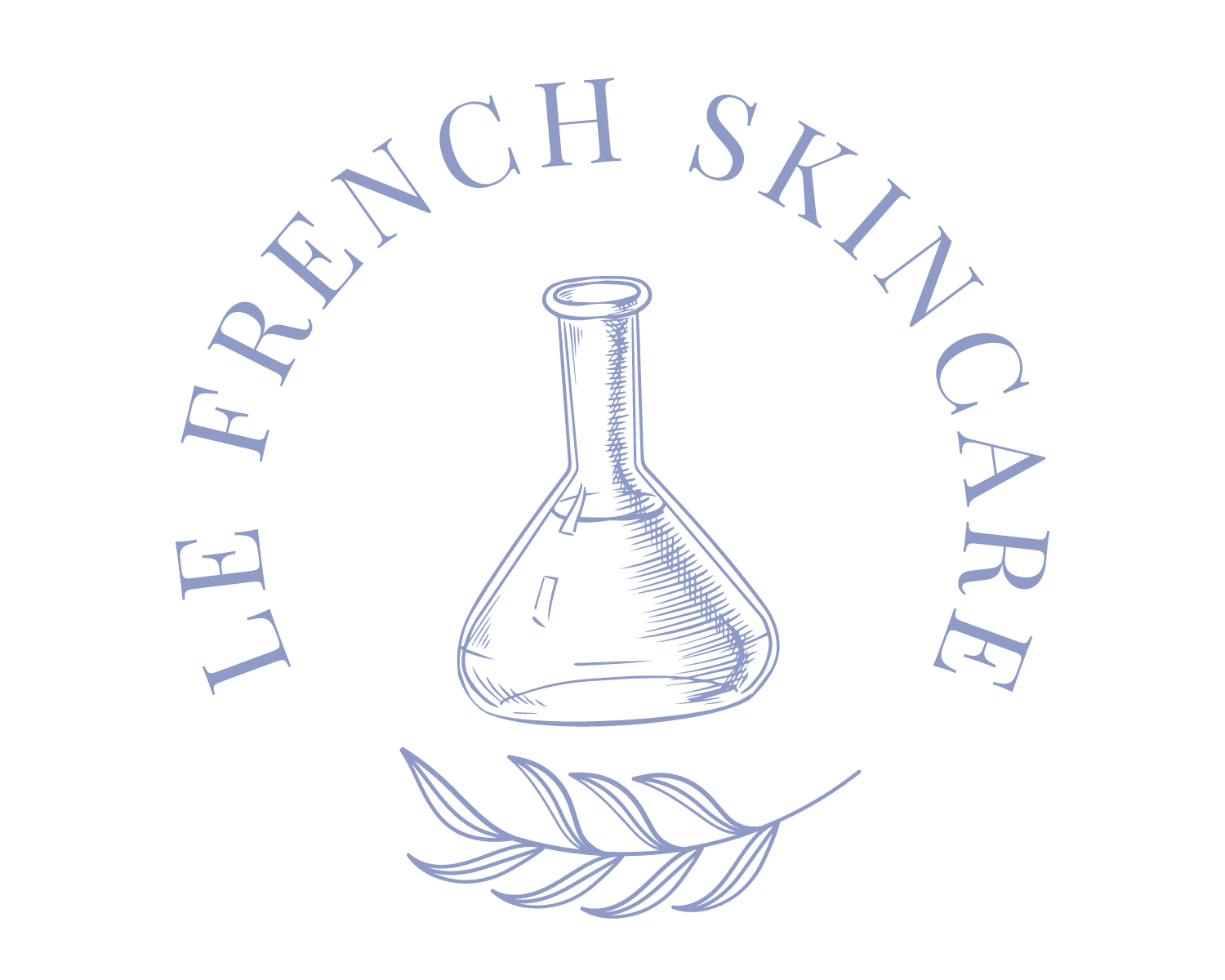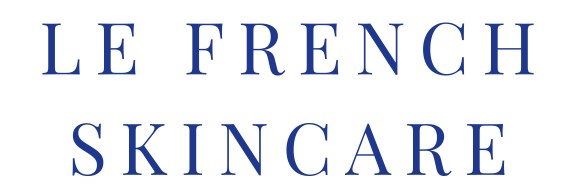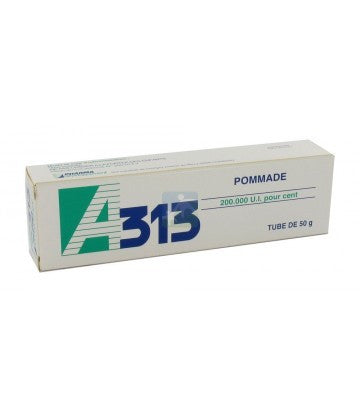When it comes to skincare, not much is certain.
From the efficacy of that expensive department store serum to how often you should visit the spa, most of what consumers have to work with is trust in cosmetic companies for good products and skincare professionals for good advice.
Throw in the fact that everyone’s skin is unique in its own way and it may seem impossible to figure out your own perfect regimen! But fortunately, there are a few certainties (sunscreen, anyone??) that apply to everyone, one of which is a current obsession of ours- Vitamin A in skincare, and how it’s guaranteed to work.
You may be familiar with vitamin A as that nutrient that’s good for your vision and is found in eggs and colorful veggies, right?
But there’s a way the body can utilize vitamin A so that the skin can benefit too!
In skincare products, these vitamin A derivatives are known as retinoids. Sound familiar? Perhaps you’re familiar with retinol, or the famous prescription Retin-A. There are several different types of retinoids to choose from, but they are all excellent at promoting skin-cell turnover as well as stimulating collagen and elastin production.
The downside? Many retinoids can be irritating to the skin, causing inflammation and peeling. But choosing the right retinoid for your skin concern, as well as baby-stepping your way into a more potent regimen so that the skin has time to get used to the active ingredient, will help minimize irritation. The following ingredients are common retinoids, vitamin A in disguise!
Retinoic Acid– the most potent, prescription form of vitamin A; found in topical skincare such as Retin-A, and is also the derivative of vitamin A found in the infamous acne medication Accutane! One of the most common uses for retinoic acid is in treating acne, and one can even safely say it’s probably the most effective retinoid, or ingredient of any kind, for acne treatment!
Retinol– nonprescription; it is an extremely popular anti-aging ingredient in department store and boutique brand moisturizers as it can be used daily with minimal, if any, irritation and is fantastic at gently stimulating collagen and elastin synthesis and cell turnover.
.
Retinyl Palmitate– the least potent retinoid, generally found on drugstore cosmetics labels; it won’t act as effectively or quickly as other retinoids because it first must be converted by the body into a more useful form, first to retinol and then to retinoic acid.
Retinyl Propionate– our latest, greatest find! Retinyl propionate yields similar results as retinoic acid but is a small enough molecule that it can penetrate to the dermis and promote new collagen synthesis and cell-turnover WITHOUT the same kind of irritation.
 A 313 Pomade contains a mixture of retinyl propionate, retinyl palmitate and retinyl acetate
A 313 Pomade contains a mixture of retinyl propionate, retinyl palmitate and retinyl acetate



